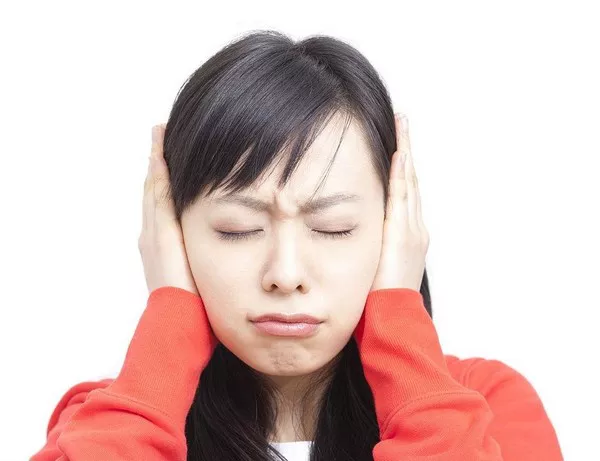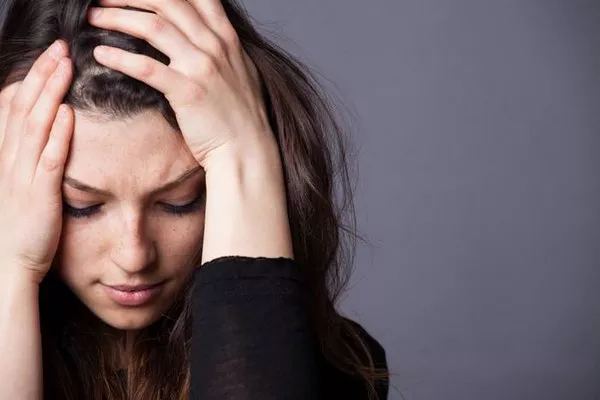Following the Tokyo 2020 Olympics, the U.S. Olympic and Paralympic Committee (USOPC) accelerated efforts to enhance mental health support for athletes. Jess Bartley, appointed as senior director of psychological services in October 2020, has integrated sports psychology and mental health services to provide a holistic approach.
Bartley’s department now includes 15 full-time staff and over 300 contracted service providers. “We wanted to think about mental health as holistic,” Bartley said. “There doesn’t have to be anything wrong to focus on your mental health.”
Sleep issues and social media stress are prominent concerns for athletes. Olympic gymnast Simone Biles, for instance, has highlighted the negative impact of social media on mental well-being. Canoeist Nevin Harrison took a significant break from social media due to its stress-inducing effects.
Athletes like mountain biker Haley Batten have faced psychological hurdles stemming from physical setbacks. After crashing in Austria and worsening her concussion symptoms, Batten struggled with fear and sadness. She learned to focus on personal goals rather than external pressures, a sentiment echoed by Harrison.
“The most helpful thing for me was realizing the world’s going to keep moving whether or not you win this race,” Harrison reflected. “It’s not going to determine your worth as a person.”
Olympic athletes experience unique stress, balancing the immense dedication required for their sport with the high stakes of global competition. Addressing mental health and well-being is crucial in helping athletes manage this pressure and maintain their overall health.
Related topics:


























